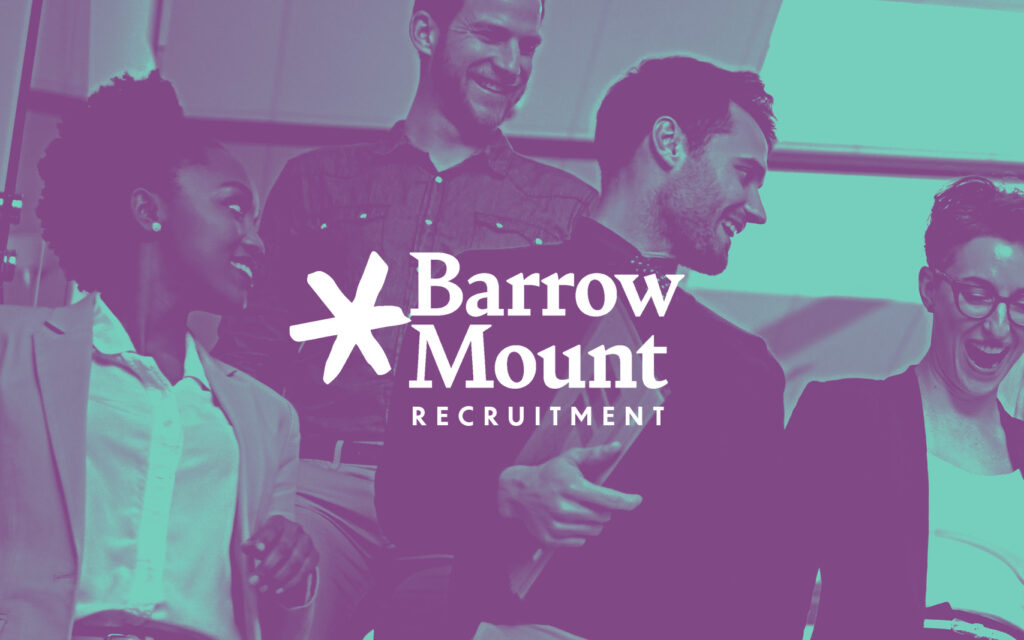Danae Shell, co-founder and CEO of Valla, discusses how innovative digital solutions are revolutionising legal technology and making workplace justice more accessible.
Can you provide a brief overview of what Valla does?
Valla is a legal technology company focused on consumer law, starting with employment law. We help people access justice through technology, supporting individuals from the initial workplace problem all the way through potential resolution, which could include going through the tribunal process or finding an earlier solution.
What inspired you to establish Valla, and how has your personal journey shaped the platform’s mission?
As a woman in tech, I frequently encountered workplace issues, and people would often come to me with their problems. I was surprised that nobody seemed able to do anything about these recurring challenges.
My background in software engineering and marketing, particularly in professional service unbundling platforms like financial planning and accounting tools, made me recognise that technology could solve these workplace justice problems.
How does Valla work for users facing workplace issues?
We support users at every stage of their workplace issue. Our freemium platform allows people to start tracking everything that happens – which is crucial evidence gathering. Users can understand and label their claims for free and access educational materials.
They can then pay for specific actions like a grievance letter or tribunal claim form. We also provide “Legal coaches” – typically solicitors or HR experts with litigation experience – who help users represent themselves through different stages, making the process much more affordable.
How is technology transforming legal services?
The key is changing the legal services delivery model through unbundling. Instead of law firms handling everything, we break down tasks where technology can handle some parts, clients can do others, and legal professionals focus on critical aspects. When reassembled, this approach becomes more streamlined, scalable, and affordable.
How does Valla help reduce the employment tribunal backlog?
We help in two primary ways. First, we assist people in resolving issues before tribunal by helping them articulate their problems more effectively during early conciliation.
Secondly, we educate users on legal language and tribunal processes, which reduces delays. Many self-representing litigants struggle with legal terminology, causing tribunals to postpone hearings, but our platform prepares users to navigate the system more efficiently.
How is Valla using AI, and what measures ensure accuracy and fairness?
We’re early adopters of generative AI, focusing on using it to support human interactions rather than replace them. Currently, we use AI to help coaches get briefed faster by analysing user-provided information and identifying legally relevant details.
We use structured AI with predefined options to avoid hallucination risks common in open-ended chatbots. Our goal is to use AI to bring people together and enhance human interactions.
How will the recent £2m seed funding accelerate Valla’s growth?
The funding will help us in three key areas: spreading awareness about Valla, developing more generative AI tools across our product, and building relationships with unions. We can pass efficiency gains to unions, helping them support more members with individual legal projects.
What’s your vision for the future of legal services?
The future is about technology, clients, and lawyers sharing work collaboratively. We want to explore how technology can support and accelerate both client education and professional efficiency.
The ultimate goal is creating better-educated users who understand their rights, which benefits not just individual cases but the entire civil justice system.
What final message would you like to share?
For employees, know that you have rights and the ability to use them. For employers, understand that these tools can help resolve workplace issues more efficiently.
The more we can upskill employees to understand and use their rights, the better it becomes for everyone involved.
Our mission at Valla is simple: to democratise access to legal support, making workplace justice accessible, affordable, and understandable for everyone.

















